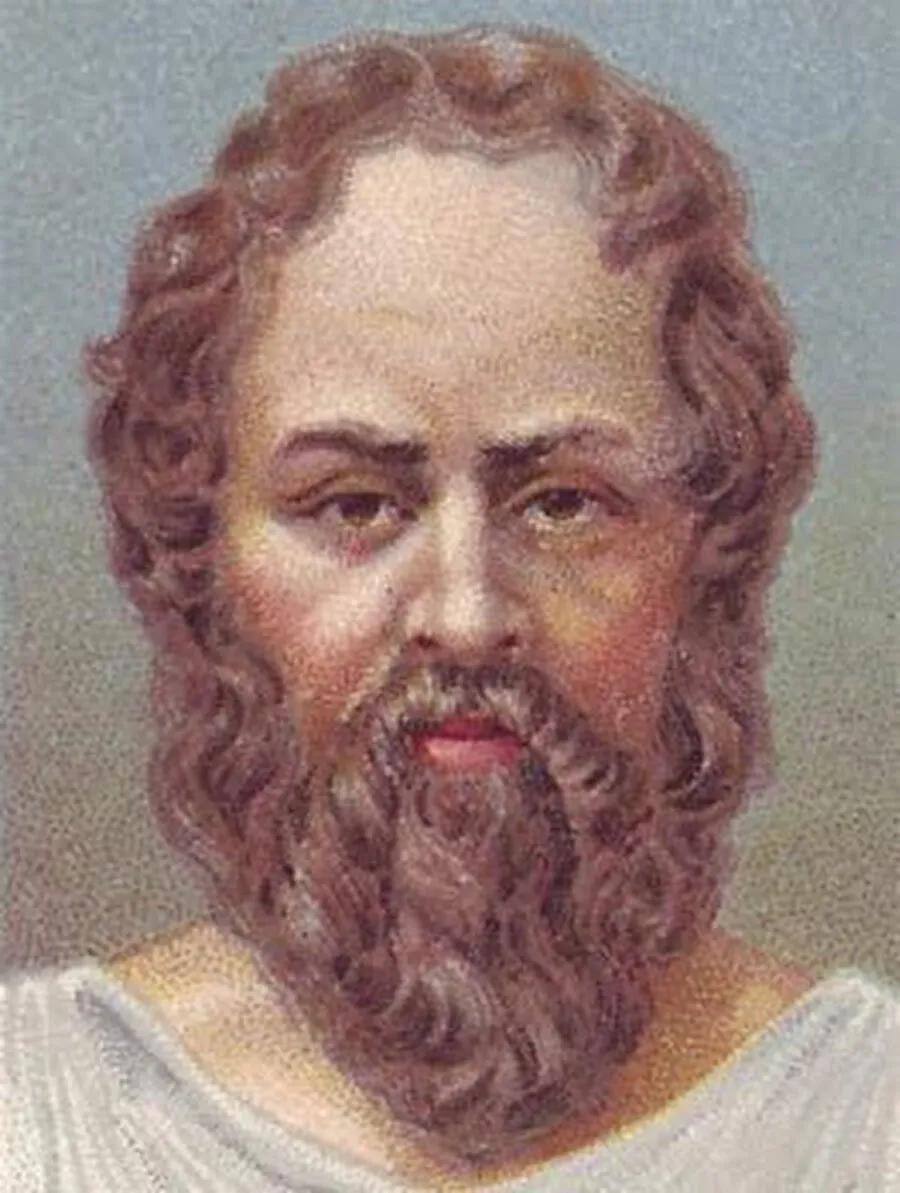Ancient Greek philosopher Socrates, was among the greatest thinkers of all times. He taught that knowledge can be had from any place, and that only perceptions which can imagine can perceive. This is a wonderful concept. I have often thought that knowledge without belief is blind. However, when you are young, your faith is so high that you don't even bother to ask how things really look. Your faith in things being "plain as water" is so strong, that you believe there are things that cannot be seen, only perceived.
In Athens, Socrates was arrested and tried for murder, for being a convicted politician. The accusation against Socrates was based on his having taught, in his famous philosophical dialogues, the philosophy of Poetics, which claimed that everything in the world is rational. Socrates' trial and murder are the occasion of his philosophy being called into question. His death is also the occasion when his philosophy split into two camps: those who believed him to be a great philosopher, and those who didn't. Many years later, a dispute arose over his grave, because his friends had buried him, and the issue of burying and retrieving the bones came into discussion.
Socrates was born in Athens, where he was welcomed by a wise old man who was a student of Socrates. Socrates spent many years in learning, traveling, and having philosophical dialogues with various persons. It was said that among his pupils were some of the most learned men of his time, including his fellow philosophers Charmides and Photini. After Socrates' death, his disciples moved toolis, which is the modern city of Athens.
Socrates is said to have achieved virtue through his dialogues, in which he displayed the perspectives of different philosophers. He argued with the aristocratic philosophers, the plebeians, the slaves, the flattows, and the paupers. In the dialogues he also confronted the religions of Athens, which he felt to be false. Socrates had a wide following amongst the people of Athens, who saw in him the opportunity to develop a healthy social institution. His teachings contributed greatly to the development of Athens, providing the citizens with a sound philosophy.
Among the Greek philosophers, Aristotle is perhaps the most influential. It was through his works that many of the concepts of today were developed. Aristotle distinguished two types of philosophers-the idealists and the realists. He claimed that there was a distinction between true philosophy and dialectical rhetoric. Realists were the philosophers who advocated virtue, while the idealists advocated idealism.
Socrates taught that virtue could be learned, but not required for happiness. According to Socrates, knowledge of the true was necessary for happiness, whereas knowledge of the false was not needed for happiness. Socrates argued that, while happiness was desirable, it was not required by natural law, and therefore was not necessary to learn. Socrates wrote nothing on the good or evil, and only claimed that virtue was the greatest blessing a person could possess.
In the Dialogues, the last three books of his possible lifetime, Socrates gave many of his most famous teachings. Among these were the dialectical arguments used in defense of the powerful institutions that existed in ancient Greece at that time, especially the aristocratic government. The aristocratic Athens of his times was marked by widespread anti-clericalism and anti-business sentiment. As a result, the dialogues often contain Socrates' strongest condemnations of those who were involved in activities such as trading with the enemy, practicing medicine without a license, acting as a follower rather than a teacher, and paying money for knowledge.
Later in life, after teaching for several years in Athens, Socrates moved to Italy, where he founded the Academy. It was there that he met his future followers, the philosophers Aristotle and Plato. Together they refined his teachings, and spread them through Western Europe and America. The emphasis on reason and the need for self-examination spread among the educated classes throughout Europe, replacing the older forms of Greek philosophy that had been taught for generations. The teachings of Socrates became the model for the subsequent western philosophies, which spoke of the necessity of opening up to the world through learning, and of being a simple yet principled being.
